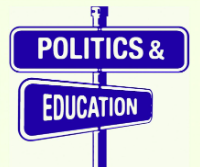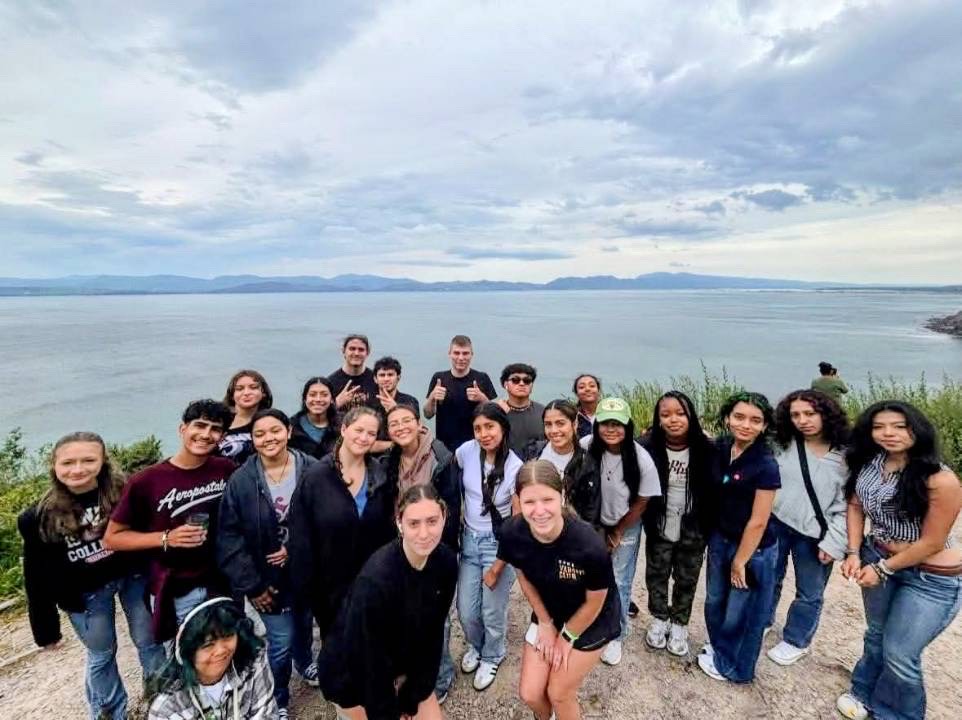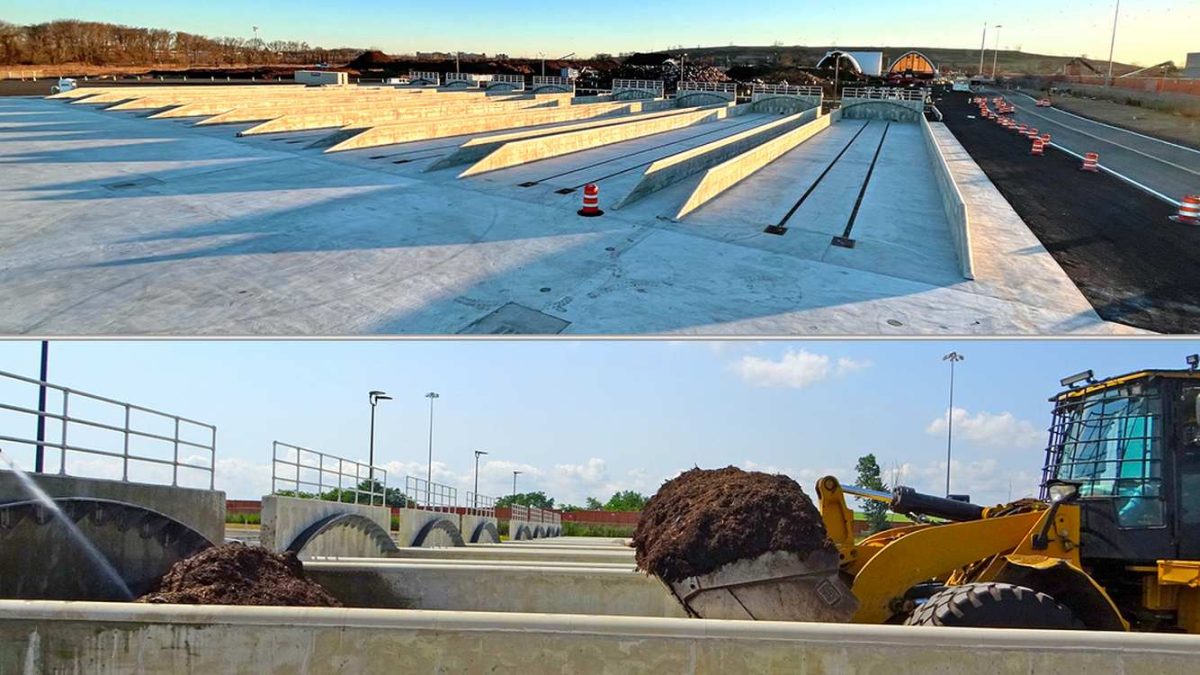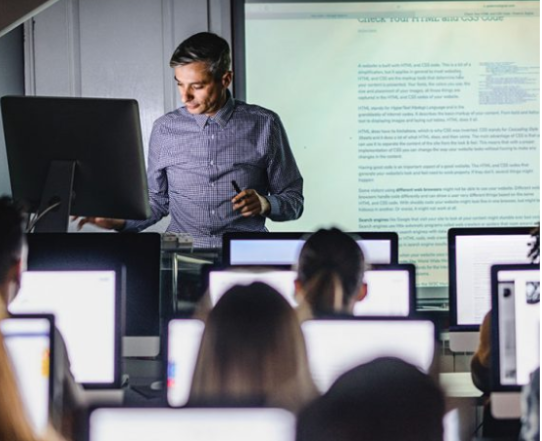Everyone is well aware that politics play a major part in our society. Whether you choose not to be interested in it or just ‘don’t care’, it’s a part of what shapes our economy, laws, social status, and even the education system. Politics especially play a crucial role in public schools, impacting everything from classroom content to funding and access. Specific political party ideologies even form the curriculum presented to us.
Disciplinary action: Politics play a major role within the disciplinary actions for public schools. Three of those main points are…
- Zero tolerance policies
- Fed and state laws for student rights
- Parental and community involvement
Zero Tolerance Policies:
In the early 1990s, a specific system was put in place for the sole purpose of integrating harsher punishments within public schools. This included stricter penalties, like expulsion and suspension for offenses that involved violence or drug possession. However, fourteen states in 2018 required school disciplinary officials to consider the individual circumstances of a violation before expelling or suspending a student, an increase from ten states in 2008.
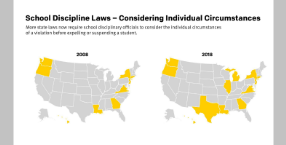
Federal and State Laws for Student Rights:
Passed in 1975, the Individual with Disabilities Education Act (IDEA) was created to prioritize that children with disabilities have access to the same learning opportunities as children without a condition. The law was also created to protect those from unfair disciplinary measures.
Student rights and the political involvement with discipline is what shapes how public schools handle code of conduct, like the rights to searches and dress codes.
Parental and Community Involvement: Many political party ideologies influence how much parental input is involved. For example, some states push for more parental control over school discipline, while others emphasize school autonomy.
Curriculum: The curriculum within public schools vary. There’s a lot of factors that go into forming the content that is presented to students, however, 3 main factors are usually the focal point of political debates:
- History and social studies
- Standardized testing
- Content censorship and book bans
History and Social studies:
Different political parties push for different interpretations of historical events and a lot of controversies often arise over how topics like slavery, civil rights, and colonialism are presented. The public schools within states change; for example, some schools emphasize patriotic narratives, while others promote critical perspectives on historical injustices.
Standardized Testing:
Debates exist over whether standardized tests, like the ACT and SAT, improve education quality or create unnecessary pressure on students and teachers. Some policymakers advocate for standardized tests as an objective measure of student achievement and college readiness. While others argue that standardized testing doesn’t necessarily demonstrate the level of intelligence or college readiness that one may have and that an academic benchmark is unnecessary when an individual’s problem solving skills and intellect in general is subjective.
Content Censorship and Book Bans:
Political ideologies play a major role in censorship of learning material and especially book bans. The reasons as to why vary; however, the influence of certain parties, like the conservative side, for example, may be more prone to book bans specifically targeting topics including sexual orientation, colonialism, and certain events in American history that paint us in a bad light. Many parties will advocate for or protest against particular content that specifically aligns with their beliefs. Overall, politics integrated with the curriculum in public schools is gone about in a very inappropriate manner, essentially the material relies solely on who’s in office and what they think should be shown to the younger generations.
Economics: Lastly, politics has a very big influence in economics within the education system mainly for these 3 reasons:
- Teacher salary
- State mandates
- Budget allocation
Teacher Salary:
Political decisions affect teacher salaries, benefits, and pensions, which influence recruitment and retention. In recent years, the state of the country’s economy has plummeted, making it harder to provide a better source for income for modern day teachers. This under-funding often leads to teacher shortages, larger classes, and lower quality of education, especially within public schools.
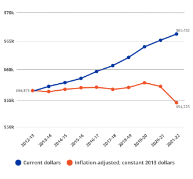
State Mandates:
Laws like the Every Student Succeeds Act (ESSA) or No Child Left Behind (NCLB) come with financial obligations, requiring schools to allocate funds toward testing, special education, and/or intervention programs. With the current state of funding, laws and policies like this continue to be underfunded, creating financial strain and forcing schools to cut other programs to comply with regulations.
Budget Allocation:
Many public schools within America heavily rely on federal, state, and local funding, which a large portion of politicians control. These decisions determine tax rates and policies that affect school funding, often leading to disparities between wealthy and low-income districts.
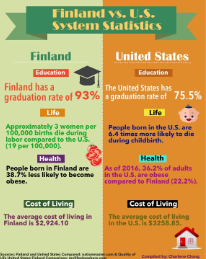
However, government funding varies widely across countries. Finland, for example, follows a policy called the Free & Equitable Education Model. This policy allows all schools within Finland’s region to be cared for by the government. This allows teachers to be highly respected and well-paid. Standardized testing is rare, and funding focuses on student well-being and equal access, allowing education to be more accessible to those of lower economic status.
Politics play a major role in disciplinary action, economics, and the curriculum. It depends mainly on the ideologies of the main political party that takes its place in our country’s office. However, should politics play a lesser part in education or an even bigger part? Are their restrictions just and fair? Or should our public schools have a less biased approach?
Sources:
- project 2025 (Project 2025, 2025)
- american progress (Morgan, 2025)
- Cecweb (“Schools Are Political,” n.d.)
- Everythingpolicy (Government-Mandated Standardized Test for Schools, 2023)
- Sheeo (Chin & Shi, 2021)
- Eppc (Kurtz, 2024)

